-
-
-
-
-
-
-
-
-
-
Currency
culture
9 Non-Depressing Climate Books To Add To Your Reading List


As one of the biggest challenges of our time, and an issue that affects just about every aspect of our lives, it’s important to stay in the know about climate change.
Otherwise, how can we vote at elections, make responsible purchasing decisions and drive money away from the corporations destroying the planet?
Staying informed doesn’t mean you have to read every news article or comb through complex policy recommendations. Sometimes it’s as simple as reading a good book. If you’re looking for a climate-related book, one that will make you feel optimistic, hopeful and excited about the future, here are nine of our favourite climate reads.
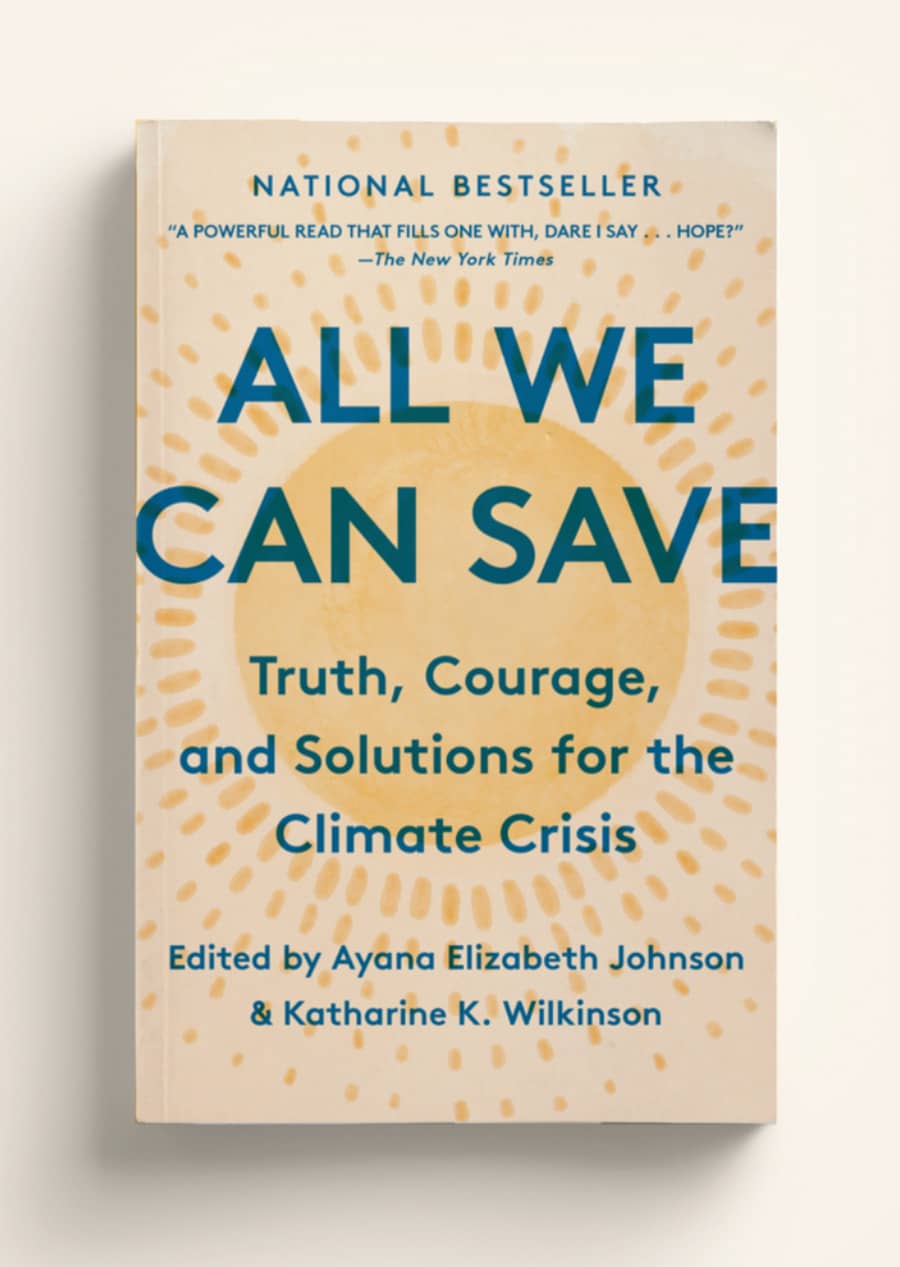
Documented By: All We Can Save
All We Can Save: Truth, Courage, and Solutions for the Climate Crisis
edited by Ayana Elizabeth Johnson and Katharine Keeble Wilkinson
All We Can Save is a provocative collection of essays, poetry and art from women at the forefront of the climate movement in the United States: scientists, journalists, farmers, lawyers, teachers, activists, innovators, wonks and designers. It delves into their ideas and insights, while also exploring the ways in which feminine thinking and leadership can provide solutions to climate change and further the impact of the climate movement.
The whole project is a real reminder that nothing compares to the intelligence, creativity and kindness of people. A thought that otherwise can be hard to keep in mind sometimes
Read if: you need to be reminded why now is not the time to give up and you want to feel inspired about the possibilities that come with solving climate change.
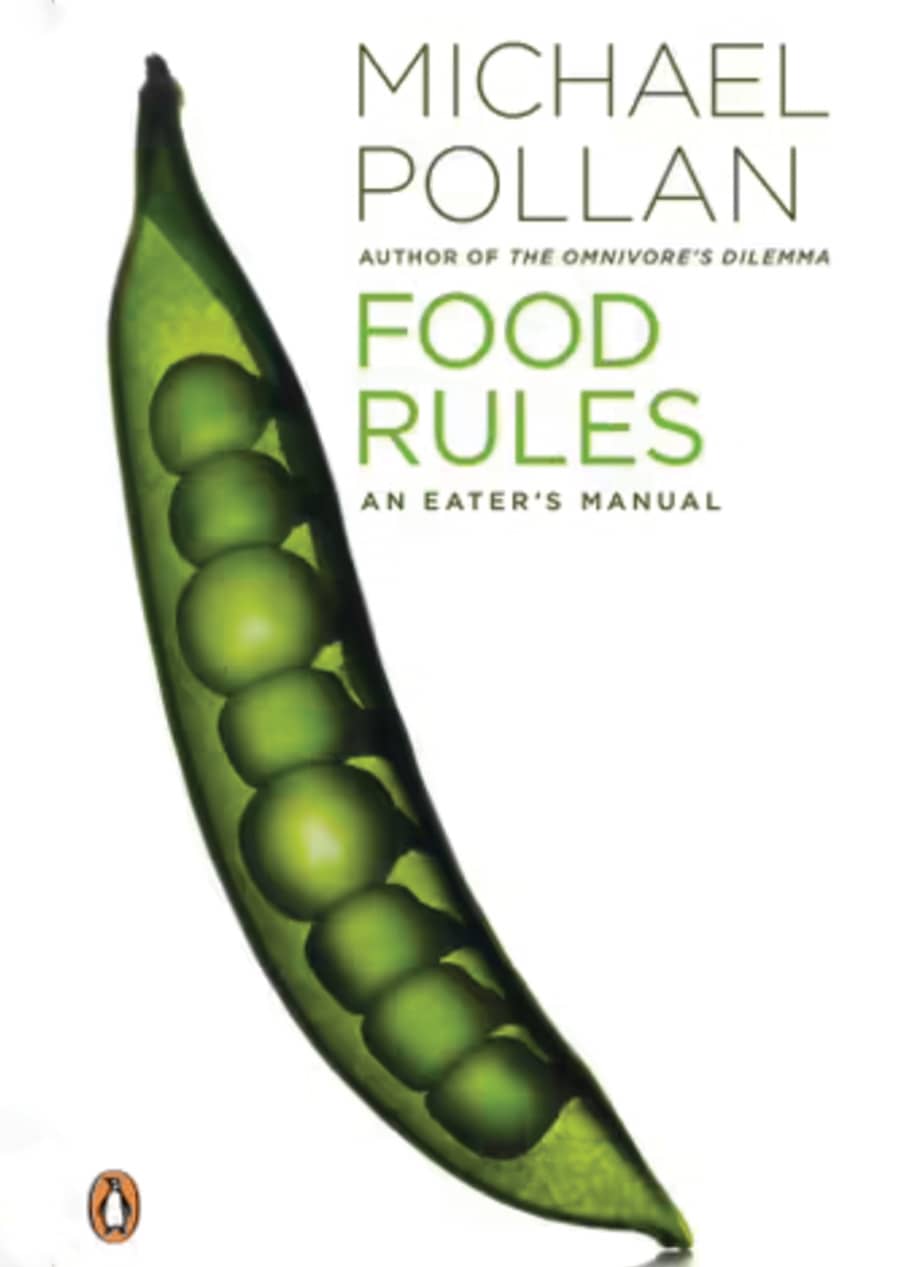
Documented By: Booktopia
Food Rules: An Eater’s Manual
by Michael Pollan
Food: it’s never far from our minds. Honestly, it’s the highlight of most days, but deciding what to eat next can be a complicated decision that cuts across health, diets and the complex food production industry. While there’s a lot of information out there, it often comes with little definitiveness or clarity.
Food Rules was written to bring simplicity to our daily decisions about food. It sets out straightforward rules for eating wisely, with information drawn from various traditions and cultures. It’s short, informative and witty – which is exactly what you want from a book dishing out food advice.
Read if: you constantly find yourself in a dilemma over what to eat.
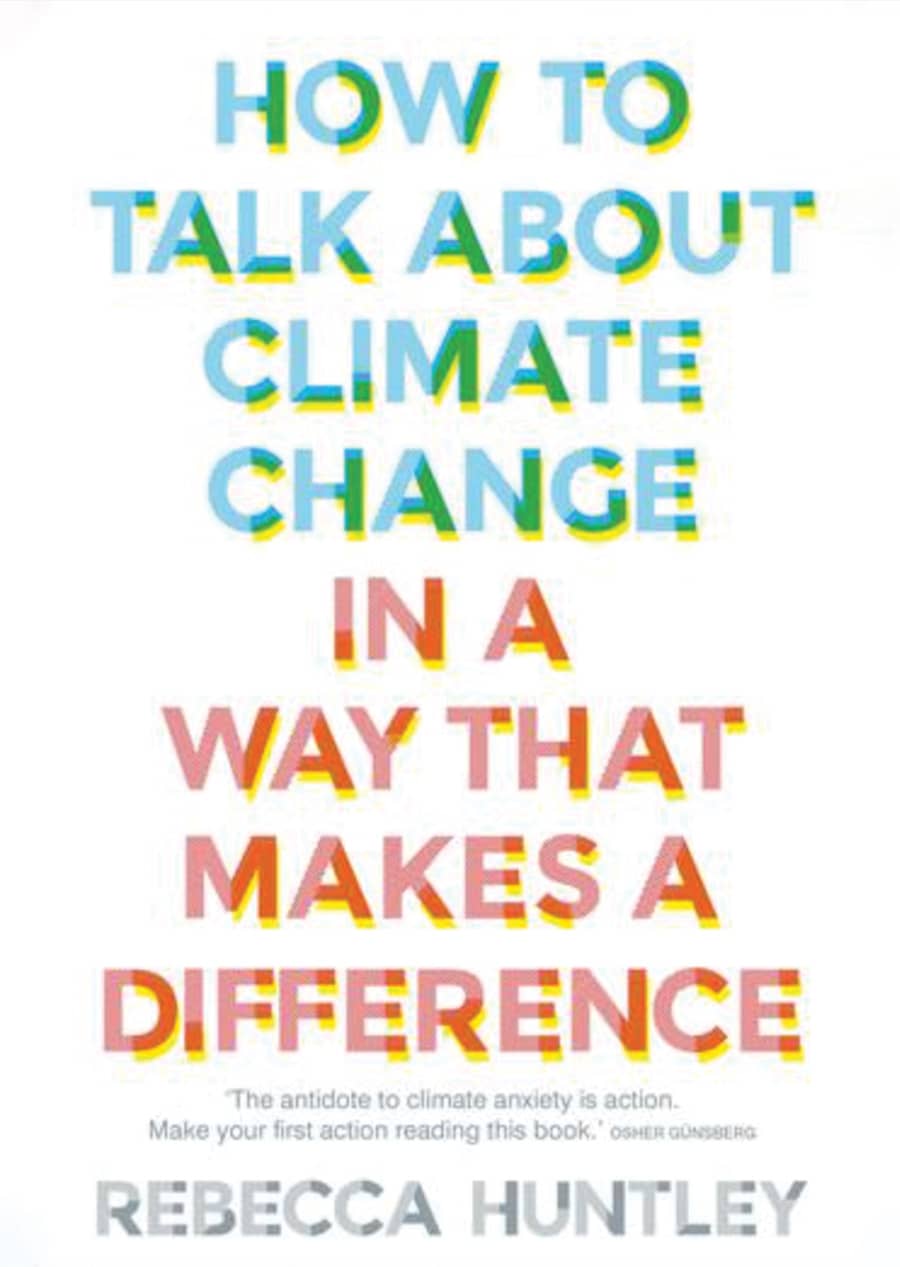
Documented By: Booktopia
How to Talk About Climate Change in a Way That Makes a Difference
by Rebecca Huntley
We all know how hard it can be to talk about climate change. Whether that’s because of the person you’re trying to talk to (like that uncle who still watches Sky News) or because of the complicated language surrounding this topic in general. Rebecca Huntley wrote this book to combat those challenges and teach people how to talk to others about climate change effectively.
It’s a deeply practical book with a lot of context and tips for having conversations in your own life. It also reframes the issues to look at the whole climate movement from a more personal perspective, reminding us that we all hold a lot more power in our private spaces than we realise.
Read if: you feel ready to have more conversations about the climate, but need a little help articulating.
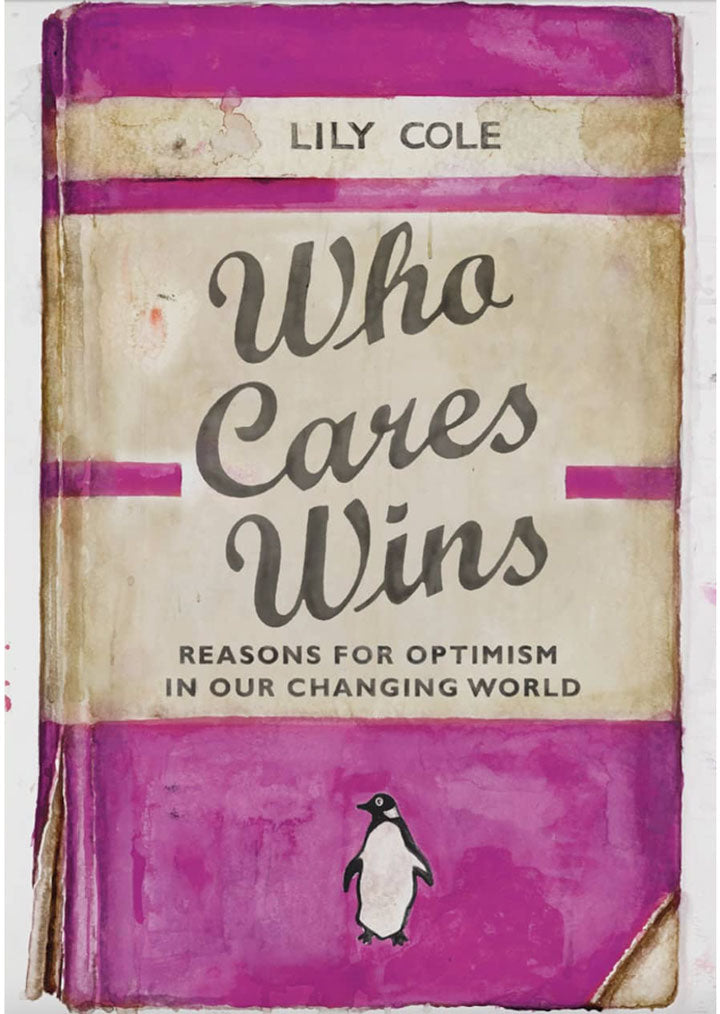
Documented By: Who Cares Wins
Who Cares Wins: Reasons for Optimism in Our Changing World
by Lily Cole
Lily Cole is a British model, filmmaker, actress and entrepreneur. She’s also a passionate environmental activist. Who Cares Wins is a culmination of her work and advocacy in this space. She spent over four years researching and interviewing hundreds of people around the world to compile Who Cares Win, a book she describes as a “radical guide to thinking differently about the world and initiating change”.
This is a really accessible read; information that is usually dense and complex is digestible and relatable, no matter your background or expertise. There is an interesting spectrum of ideas, voices and solutions, and Cole often goes out of her way to share both sides of a viewpoint.
Read if: you want an optimistic overview of the best solutions to climate change underway.
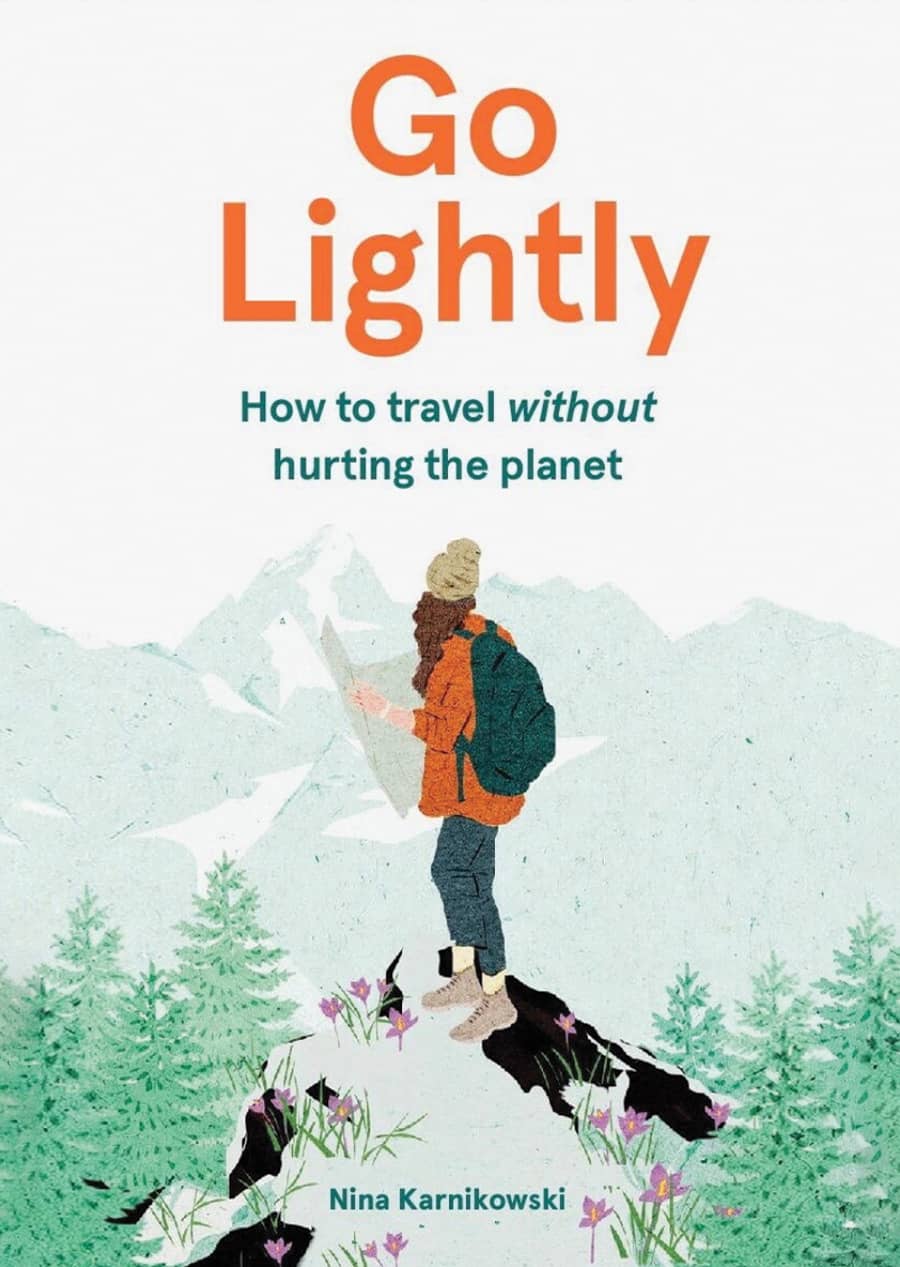
Documented By: Nina Karnikowski
Go Lightly: How to Travel Without Hurting the Planet
by Nina Karnikowski
If the last two years have shown us anything, it’s that we need to travel in a way that is better for the planet and the people who live in the places we visit. Go Lightly, written by travel writer and sustainability advocate Nina Karnikowski, is one of the books that helped us see that. It’s filled with ideas and practical advice to travel in a way that conserves, educates and inspires more than it destroys. There are also short Q&A’s with individuals working in the industry and plenty of green travel tips. It’s not the kind of book that will make you feel guilty about travel either – just genuinely excited to do it differently.
Read if: you want to see a better version of yourself on holidays.
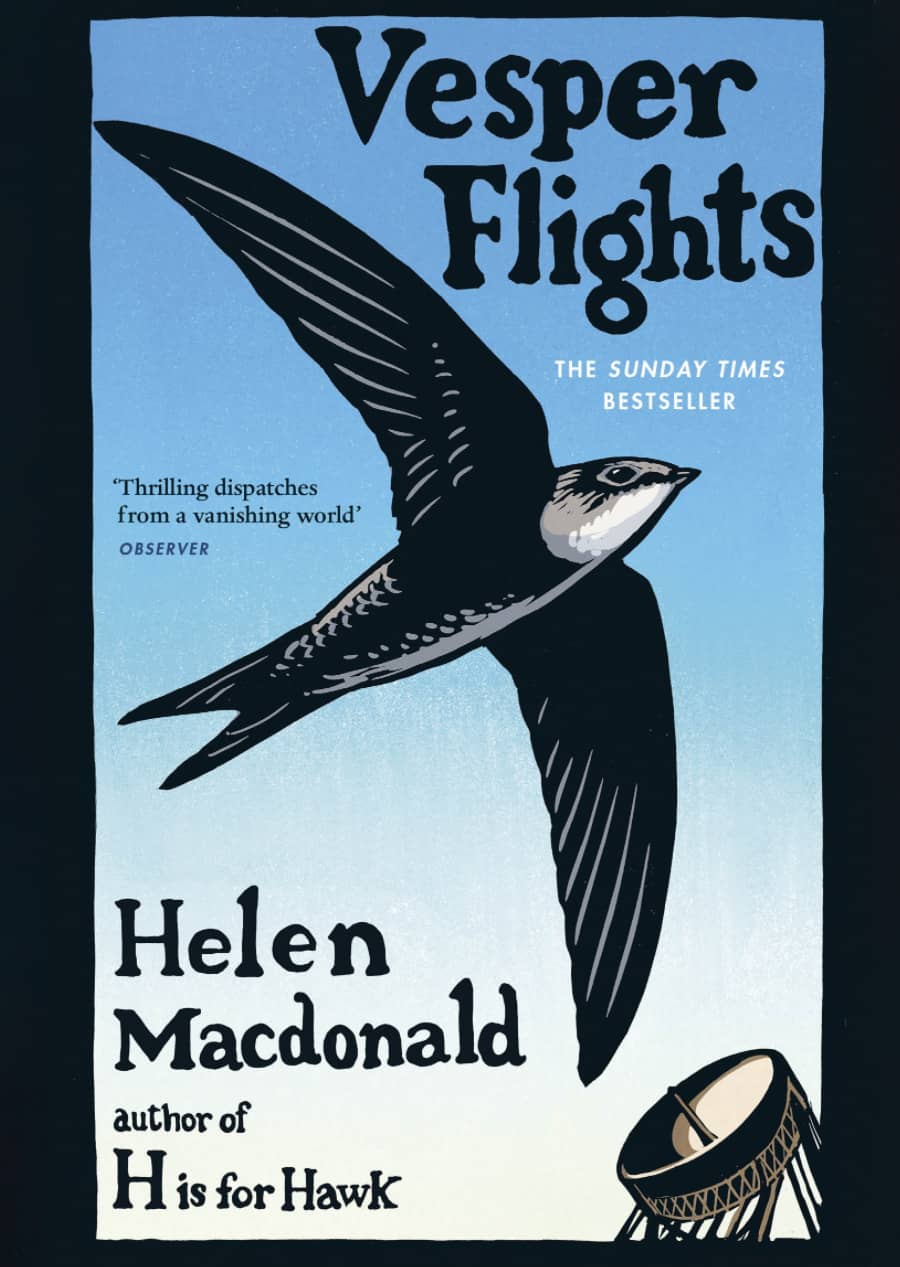
Documented By: Penguin Books
Vesper Flights
by Helen Macdonald
“Animals don’t exist to teach us things, but that is what they have always done, and most of what they teach us is what we think we know about ourselves.” Following the success of her first book, H is for Hawk, Helen Macdonald returned in 2020 with Vesper Flights, a transcendent collection of 41 essays about the human relationship to the natural world. The essays cover a range of subjects: headaches, catching swans, hunting mushrooms, birds’ nests, wild pigs and farming ostriches. Macdonald’s meditations on the natural world and wildlife have not only won her critical acclaim, but they’ve also seen her recognised as one of this century’s most important and insightful nature writers.
Read if: you appreciate the small, intricate things that make the natural world lovely.
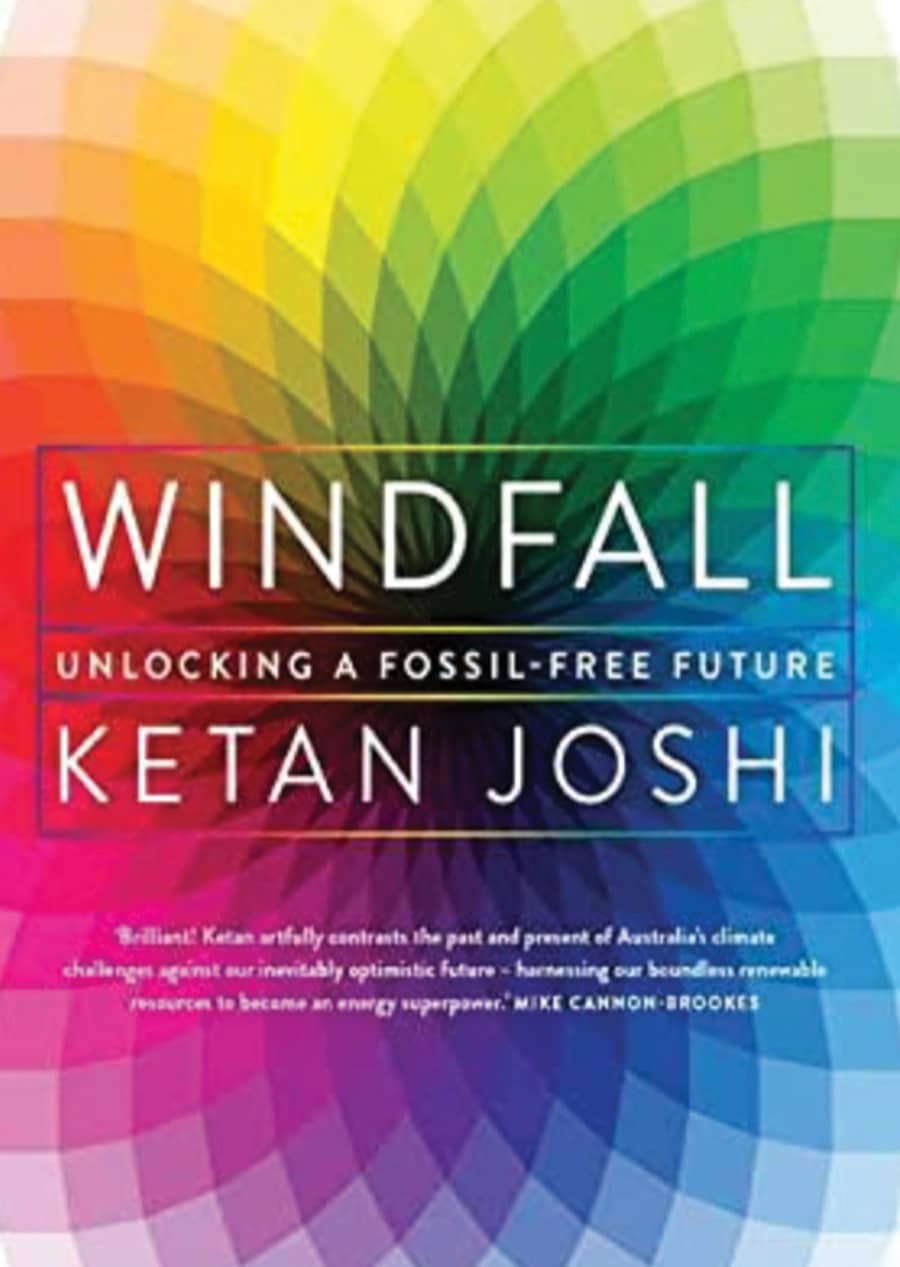
Documented By: Goodreads
Windfall: Unlocking a Fossil-Free Future
by Ketan Joshi
Ketan Joshi is a highly regarded science communicator and clean tech analyst. He’s also very good at taking technical scientific information and turning it into stuff you can actually comprehend (and sometimes laugh about). Windfall looks back on the decade of distraction and inaction on climate change in Australia, discussing what went wrong and what we can learn from past mistakes and missed opportunities. The second half of the book focuses on a way forward, one fuelled by clean tech projects and an end to Australia’s reliance on fossil fuels. For those who want to contextualise Australia’s historical climate inaction and learn more about the solutions that are often dismissed by politicians, this book is a great starting point.
Read if: you're tired of hearing Australia’s political cop-outs when it comes to acting on climate change.
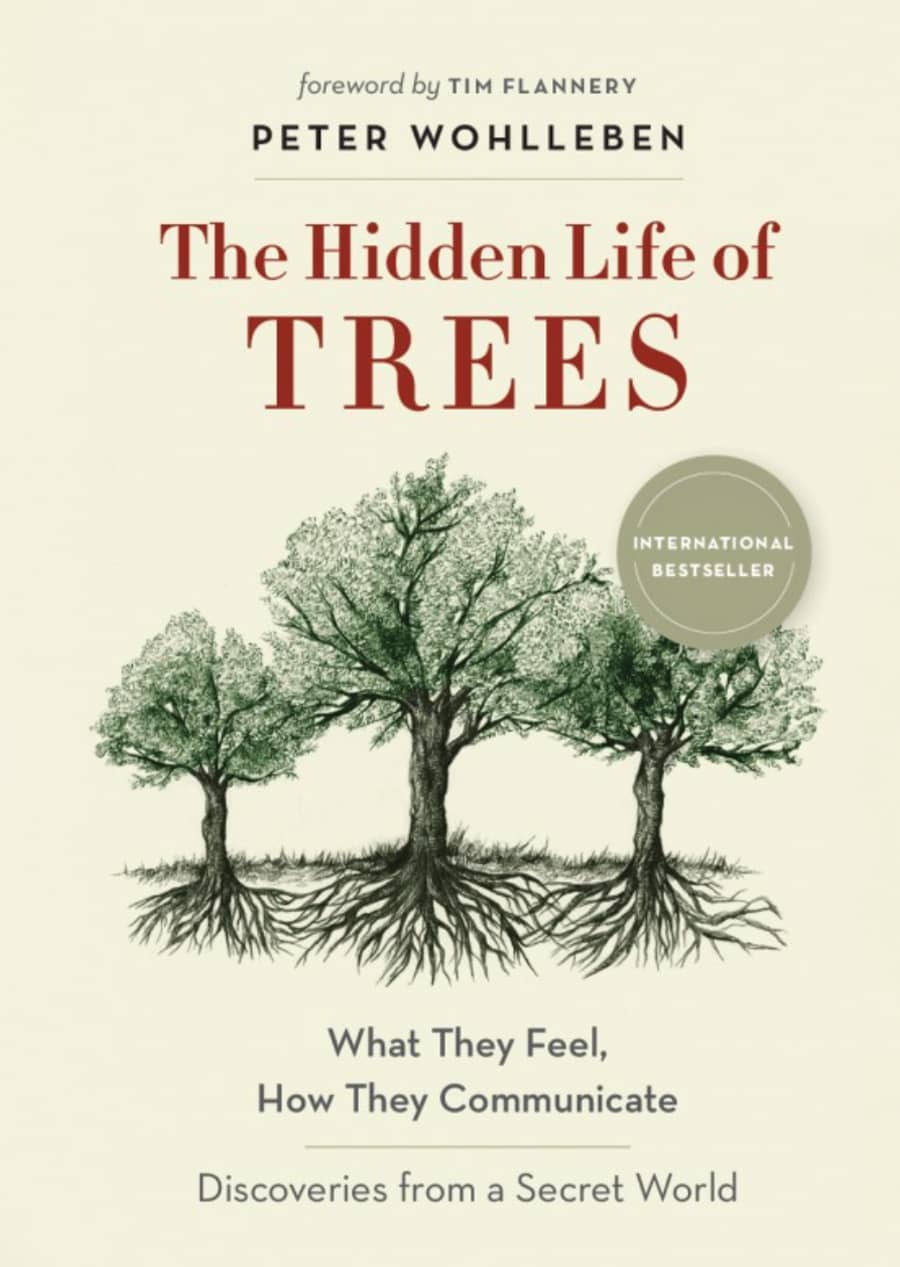
Documented By: Black Inc Books
The Hidden Life of Trees: What They Feel, How They Communicate – Discoveries from a Secret World
by Peter Wohlleben
Should we think of trees as sentient? In this international bestseller, forester and author Peter Wohlleben makes a case for trees as social beings with communication abilities. He explains the amazing processes of life, death and regeneration he has observed in the woodland and while working for the forestry commission. One of the most compelling explorations of the book is Wohlleben’s argument that trees are like human families: parents live together with their children, communicate with them, support them as they grow and share nutrients with those that are sick and struggling.
Read if: spending a day in nature is your idea of a good time.
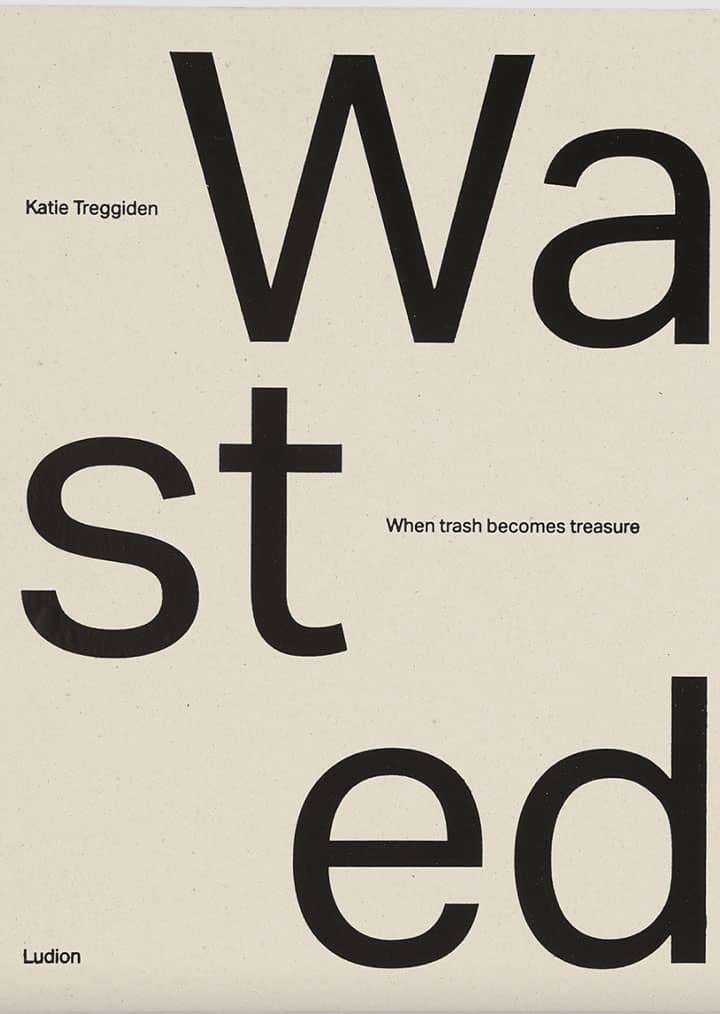
Documented By: Katie Treffiden
Wasted: When Trash Becomes Treasure
by Katie Treggiden
Rather than despair over the all-consuming topic of waste, award-winning craft and design writer Katie Treggiden wrote a book about how it could become an environmental solution. Or, as she puts it, “the raw material of the future”. Wasted features 25 pioneering designers, makers and manufacturers who are exploring the potential of waste as their primary material. In their hands, what was once seen as trash is turned into meaningful and long-lasting products.
It’s the book that Treggiden always wanted to write. “It not only captures the scale and the horror of the problem but suggests a way forward,” she says. “There is hope in the solutions proposed by a new generation of optimistic designers and makers. Indeed, they are perhaps the only hope we have.”
Read if: you love design and appreciate ingenuity and creativity, especially when they intersect with environmental solutions.

ABOUT US
CUSTOMER CARE
EDITORIAL & RIISE PRODUCTIONS
© 2024 RIISE, All Rights Reservedjoin riise's mailing list for 15% off your first order.Availability













